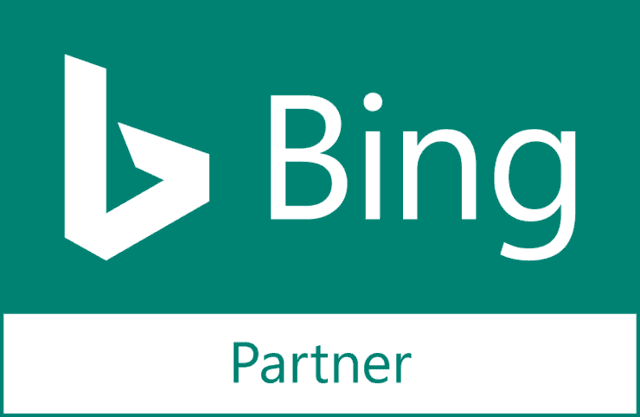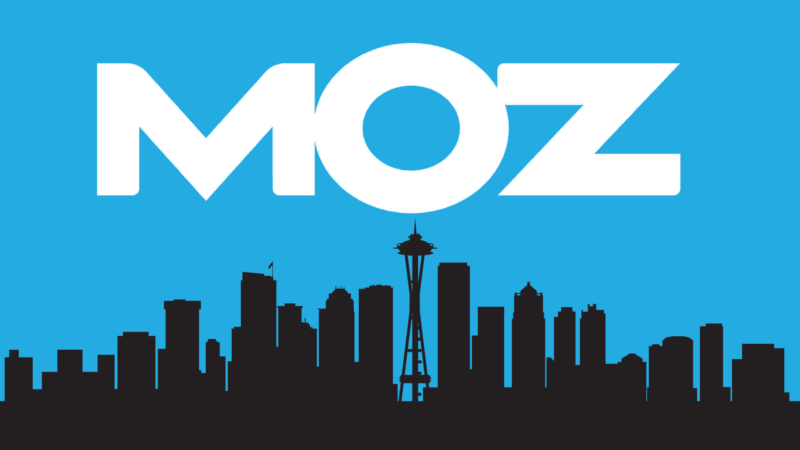
There were two rounds of WordPress security issues:
- UpDraftPlus backup plugin
- Nine other WordPress plugins:
- Header Footer Code Manager
- Ad Inserter
- Popup Builder
- Anti-Malware Security and Brute-Force Firewall
- WP Content Copy Protection & No Right Click
- Database Backup
- GiveWP
- Download Manager
- Advanced Database Cleaner
WordPress is a common target for hackers to exploit, mainly because it is the most commonly used platform for websites worldwide. This offers us another chance to remind you to keep your WordPress installation, plugins, and themes updated to minimize the risk of your site getting hacked. We take care of this for those who have sites hosted by WrightIMC.
WrightIMC’s Elmer Boutin shared some tips for those who want to take control of their digital marketing careers. In this, his first article on Search Engine Land, he shares advice that he’s been sharing during his 25+ year career.
There are a lot of details and nuances to the search engine algorithms, and nothing causes more confusion than what constitutes a “ranking factor” and other influences within the algorithms, which are often referred to as “signals.” Google’s John Mueller recently answered a question about EAT and reiterated that EAT is not a ranking factor but influences search engine rankings indirectly. There are a couple of ideas that come out of John’s comments:
- The algorithms try to understand the context of content around a topic or brand to validate EAT
- There is no absolute “score” that one can attain – it’s a “fuzzy area,” which means it’s more complex than a simple rating system
Google shared some information with the U.S. Copyright Office about the DMCA update. In the document, Google shared information about a “demotion signal” that can be employed against websites having numerous DMCA notices filed against them. This signal can have significant adverse effects on traffic from search for sites with pirated content, which is excellent for those having their content stolen. Copied content is a big problem on the web, and it is good that Google takes positive steps to deal with it.





